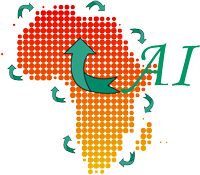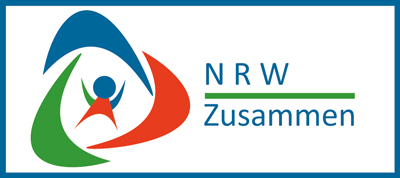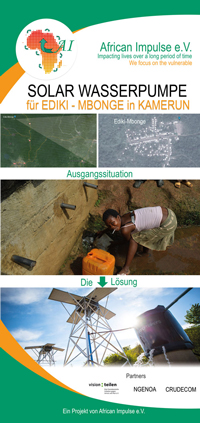African Impulse - German Educational System
 Generally, the German government has very little responsibility in the German education system as this is mostly falls in the responsibility of the states. The federal government’s influence can be seen when they provide financial aid to the states.
Generally, the German government has very little responsibility in the German education system as this is mostly falls in the responsibility of the states. The federal government’s influence can be seen when they provide financial aid to the states.
The school system starts at Preschool (Kindergarten) level with children between the ages of 2 and 6. Kindergarten education is however not compulsory and also not free of charge. The Kindergarten is actually not part of the school system. They are run by the city, registered organizations or churches. Depending on the state or family income, Kindergarten can be partly or completely funded.
After Kindergarten, children generally (between the ages of 6 and 10) attend primary school (Grundschule) which is compulsory and free of charge. Again, each state decides on its own educational policies.
After Primary School (Grundschule), the way is open to Secondary school (Sekundarschule). Children normally complete primary school between the ages of 10 and 12. Children move into these schools sometimes based on performance and on recommendation of their teachers. These could be:
- Gymnasium – which prepares pupils for the Abitur and finally into university
- Realschule – which prepare pupils for the Mittlere Reife
- Hauptschule – prepares pupils for vocational education and ends with Hauptschulabschluss
- Gesamtschule (Comprehensive school) – Combines the above three (Hauptschule, Realschule and Gymnasium)
- Förderschule/Sonderschulen – For pupils who find it difficult to attend any of the above.
Depending on the type of certificate attained at the end of Secondary school, pupils may continue to university, professional schools or vocational schools (Berufschule). To attend university, students are required to have acquired an Arbitur or master craftman’s diploma (Meisterbrief). To attend a university of applied sciences, students are required to have acquired an Arbitur, a Fachhochschulreife or a master craftman’s diploma (Meisterbrief). Pupils without these qualifications can still attend if they pass the Begabtenprüfung or Hochbegabtenstudium.
With (Duale Ausbildung) pupils can also do vocational courses in vocational schools and practical training in a company or state school. In the same light, new forms of Educational system (Dual Studium) has now come up in which students study in the university and do practical training at the same time in industry.
Source: Wikipedia
You can find further information here.




